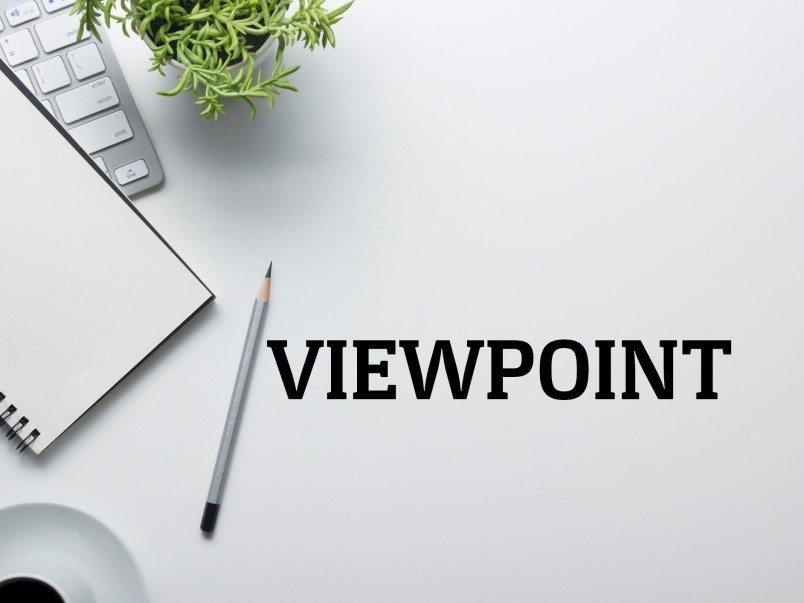Every November 11, I think of my late parents and their generation. They sacrificed enormously to defeat the aggressive fascist regimes of Germany, Italy and Japan. But World War II wasn't just between countries – it was a titanic struggle for democracy's global survival.
This year's commemoration is especially poignant given the current United States election. Even mainstream media are now describing Donald Trump, one of the two major candidates, as “fascist,” alongside the milder label “populist.”
Is that fair? Given what is at stake – fascism's apparent revival around the world, and its threat to liberal democracy – it's important to understand what it is, and make our own judgment.
From old war films, we might imagine fascism as goose-stepping brutes with inhumanly crisp uniforms. But it's more complicated.
Fascist regimes are dictatorships, but not all dictatorships are fascist. With its bias for emotion over rational thought, fascism resists clear definition. It's like trying to nail jelly to a wall, according to one historian.
Nevertheless, Robert Paxton, in The Anatomy of Fascism, suggests these aspects: Obsessive preoccupation with community decline, humiliation or victimhood. Compensatory cults of unity, energy and purity. A mass-based party of committed nationalist militants, working in uneasy but effective collaboration with traditional elites. Abandonment of democratic liberties. The use of redemptive and unrestrained violence, with the goals of internal cleansing and external expansion.
Author Timothy Snyder adds a cult of “the leader.”
Let's add a commitment to hierarchy rather than equality, the repression of racial and gender minorities and women – and collusion with big business. Fascists claim to speak for ordinary people against corrupt elites. But companies like Krupp did quite well in the Nazi regime, which suppressed independent trade unions and workers' rights and invested massively in armaments.
Trump sharing the campaign platform with tech billionaire Elon Musk might be a clue. Despite its rhetoric, fascism is quite compatible with concentrated corporate power and its intertwining with the state.
Historically, what were the consequences of fascism? Foreign policy: reduced cooperation between countries, escalating military tensions and ultimately genocidal war – not exactly what humanity needs to deal with global crises like poverty and climate disruption.
At home: more spending on prestige projects and the military, less on services and welfare for the public as a whole. Abolition of opposition parties, independent media and judiciary. Concentration camps. Less real freedom, more enforced conformity and inequality.
Public confusion is not surprising. Political literacy is generally not high in Canadian school curricula. Fascists themselves often call their opponents “Nazis” or “fascists.” They shout about liberty and free speech. But they weaponize these concepts to intimidate their opponents, and to undermine civil discussion and institutions – from town councils to courts and parliaments – that at their best support society's diversity, individual rights and shared well-being.
Western democracies have themselves used Nazi-like tactics against colonized people in Algeria, Vietnam, Palestine and elsewhere. They are certainly not perfect even in domestic policies.
But to honour the sacrifices of the World War II generation, we should broaden democracy, not backslide into fascism.
Westview resident Robert Hackett has a Ph.D. in Political Studies from Queen's University. His studies included theories of fascism.



